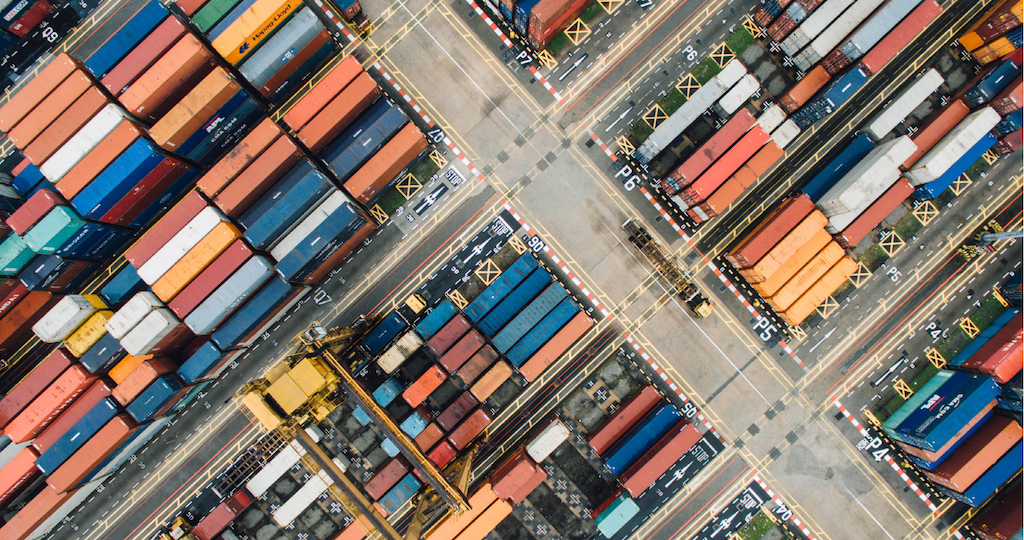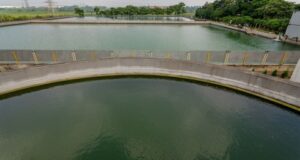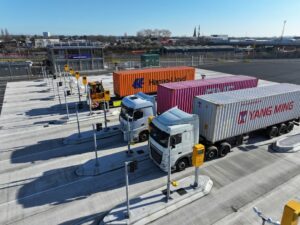The Decarbonising UK Freight Transport (DUKFT) Network’s end-of-project report offers solutions to the challenges of decarbonizing road, rail, and maritime freight transport in the UK. These sectors contribute to nearly 7% of the country’s CO2 emissions, with demand driven by e-commerce and cost-effective transportation.
Over three years, the UK Research & Innovation funded DUKFT Network, comprising over forty academic, policy, and industry organizations, conducted six research projects and two stakeholder events to explore investment mobilization for UK freight decarbonization.
The report highlights the need for electrification across all freight modes as a low-risk, no-regrets investment for both public and private investors. Renewable Fuels of Non-Biological Origin, such as hydrogen-derived fuels like methanol and ammonia, may also play a significant role, especially in decarbonizing maritime freight.
The report emphasizes the importance of whole freight system analysis capability, co-created roadmaps, and ports as decarbonization hubs. These factors are essential for an efficient UK freight decarbonization strategy, encompassing infrastructure, vehicle/vessel fleets, and operational and technological specifics.
Professor Phil Greening, Joint Principal Investigator of DUKFT, stressed the need for new modeling approaches to address complex changes across all transport modes, offering a low-risk, cost-effective pathway to reducing uncertainty and accelerating investment.
Co-creation processes, involving stakeholders from various parts of the freight value chain, were found to be essential for creating shared visions and facilitating a dialogue between industry and government stakeholders.
The report highlights the crucial role of UK ports in the freight sector’s decarbonization, serving as interfaces between road, rail, and shipping modes. Ports can exploit synergies for infrastructure and decarbonization solutions and play a central role in the transition towards green transportation.
Bringing stakeholders from the supply chain together, including energy suppliers, port owners, logistics companies, and financiers, is critical to mobilize infrastructural investment. The report also underscores the need for a clear demand for zero-emission fuels to create a business case.
Early movers can drive investment by establishing alliances and initiatives, and policy makers play a critical role in setting ambitious targets and policies that support electrification and the transition away from fossil fuels.






